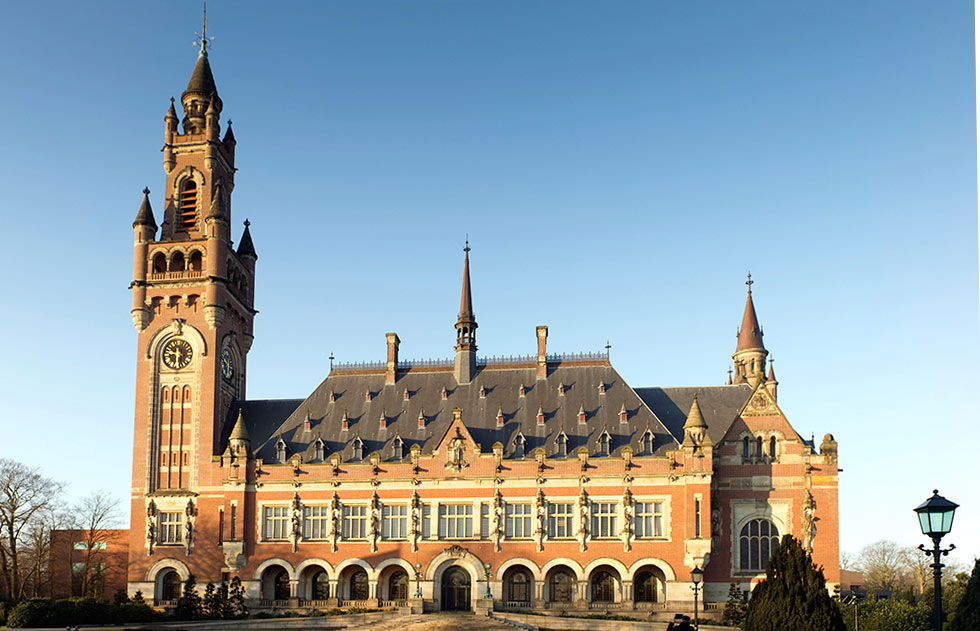Vidushi Vats
The International Court of Justice (ICJ) is poised for a historic moment as Israel prepares its first formal response to allegations of atrocities against Palestinians in Gaza during hearings scheduled for January 11 and 12, 2024. Human Rights Watch notes that this marks Israel’s initial appearance before an independent and impartial court regarding such accusations since October 7, 2023.
On December 29, South Africa lodged a case with the ICJ, asserting that Israel has violated the 1948 Convention on the Prevention and Punishment of the Crime of Genocide. Israeli officials confirmed their representation at the ICJ to contest the South African government’s application. South Africa alleges that Israel has committed genocide against Palestinians in Gaza, failing to prevent it and neglecting to hold responsible parties accountable for direct and public incitement to genocide. The case seeks a legal determination of state responsibility for genocide, not criminal proceedings against individuals.
While the case’s final ruling may take years, South Africa requests provisional measures to safeguard Palestinians in Gaza, ensure Israel’s compliance with the Genocide Convention, and preserve a fair adjudication process. The urgency is emphasized, citing the critical need for the ICJ’s protection for Palestinians in Gaza.
Israel would be required to report on steps taken to carry out provisional measures, with South Africa proposing public disclosure of these reports. The January 11 and 12 hearings will focus on South Africa’s request for provisional measures.
The case details Israel’s alleged actions in Gaza, including killings, causing bodily and mental harm, measures to prevent Palestinian births, and conditions designed to bring about the destruction of Palestinians as a group. The broader context of Israel’s conduct over 75 years, including apartheid, a 56-year-long belligerent occupation, and a 16-year-long blockade of Gaza, is also highlighted.
Israel’s formal response is scheduled for January 12. The Israeli Foreign Affairs Ministry has labeled South Africa’s application as “blood libel,” lacking factual and legal basis.
The United States National Security Council and State Department criticize South Africa’s application as “meritless” and “counterproductive.” However, several parties to the Genocide Convention, including Bangladesh, Bolivia, Jordan, Malaysia, Pakistan, Palestine, Turkey, Namibia, Nicaragua, and Venezuela, express support for South Africa’s application.
South Africa, a Genocide Convention member since 1998, brings its case under Article 9 of the convention, emphasizing the duty of member states to prevent and punish genocide. Israel has been a party to the Genocide Convention since 1951.
While the ICJ will convene public hearings on the advisory opinion request starting on February 19, South Africa’s genocide case offers a unique legal avenue to scrutinize Israel’s conduct in Gaza, aiming to alleviate further suffering. Human Rights Watch emphasizes the importance of governments supporting ICJ proceedings and committing to compliance with the court’s decisions.

